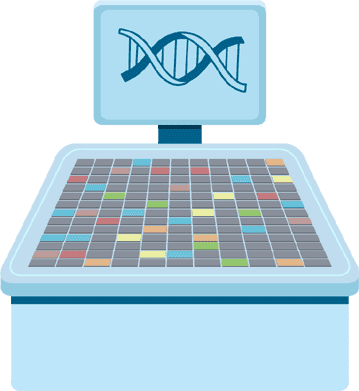

| Sample Type | Container | Shipping Conditions | Max Transit Time |
|---|---|---|---|
| Blood | EDTA Tube | 4–8 °C | 72 hrs |
| Amniotic Fluid | 15 ml Falcon Tube | 4–8 °C | 48 hrs |
| Genomic DNA | 1.5 ml Eppendorf Tube | 4–8 °C | 48 hrs |
| Chorionic Villi Sample | 15 ml Falcon Tube with Collection Media | 4–8 °C | 24–48 hrs |
| Product of Conception (PoC) | 50 ml Falcon Tube | 4–8 °C | 24–48 hrs |
| Cheek/Buccal Swab | Saliva Collection Kit | 4–8 °C | 48 hrs |
| Saliva | Saliva Collection Kit | 4–8 °C | 48 hrs |
| Dry Blood Spot | Whatmann Paper | RT | 72 hrs |
21 Days